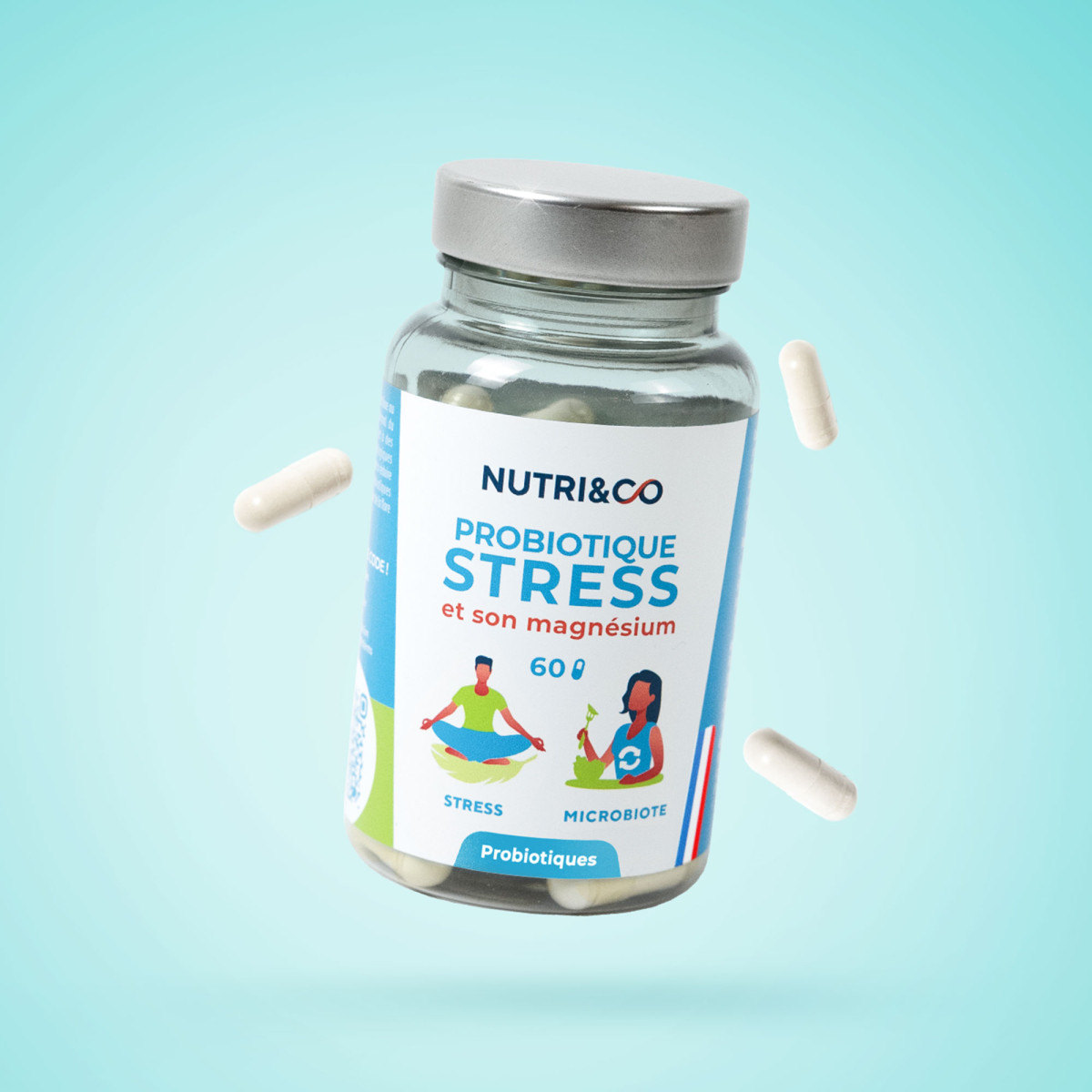
(1021)
Probiotic Stress
€19.90
- 12 billion CFU per take
- Digestive wellness
- Cola nut to support thinning
While science continues to accumulate evidence about the benefits of probiotics, one species is particularly popular for its potential role in weight regulation.
Probiotic Stress
€19.90
Paiement
sécuriséLivraison offerte
dès 69€ d'achatLivraison
en 48hFaites des
économiesParrainer
un procheRécompenses
fidélité









